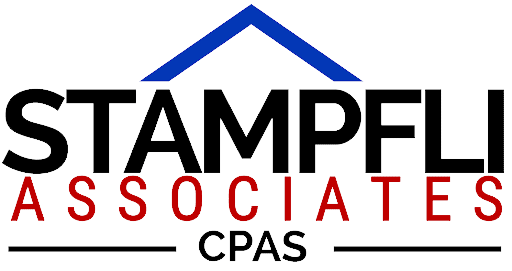Putting accountability into practice
More and more U.S. workers are calling for “pay transparency,” and not-for-profit employers need to listen — and act. Pay transparency is the idea that employers should openly share their compensation policies and practices with job candidates, current employees, and the public. Many states and cities have already passed pay transparency laws. But even if you aren’t subject to such laws, consider disclosing pay ranges for specific positions and explaining how your organization calculates wages, raises, and bonuses.
Employers and employees are on board
In its 2023 Compensation Best Practices Report, software and data company Payscale reported that 45% of employers now include pay ranges in their job postings. What’s more, 48% of organizations said that legislation is driving them to change compensation policies. In a different Payscale report, a majority of employers stated that compensation transparency, when analyzed in isolation, “decreases [worker] intent to quit by 30%.”
Surveys of employees, particularly younger workers, underline how important transparency is today. In a 2023 report, technology services company Symplicity revealed that 87% of Generation Z respondents thought that pay transparency was “important” or “very important,” and over half said they’d be discouraged from applying for a position if a salary range wasn’t publicized.
Providing rationalizations
But simply divulging compensation ranges in job listings isn’t enough. Your nonprofit also needs to clearly explain to job candidates how you determine pay and why the compensation you provide is competitive with that of other nonprofits (and, possibly, with what similar for-profit employers are offering).
Also, explain what staffers need to do to receive raises — and what kinds of raises are realistic. Be as specific as possible and make sure you discuss the possibility of salary increases and job promotions with employees during their performance evaluations.
Comply or adopt voluntarily
If your state or municipality has passed laws regarding pay transparency, review your employment policies to ensure they’re in compliance. If no law applies, consider adopting these practices voluntarily. Pay policy disclosure can help you recruit serious job candidates in what remains a tight labor market. It can also help foster the kind of trusting and equitable work culture that most nonprofits strive to achieve.
If you’re unsure about how to set salary ranges, contact us. We can analyze internal and external data to determine your nonprofit’s ideal compensation targets.
© 2023

